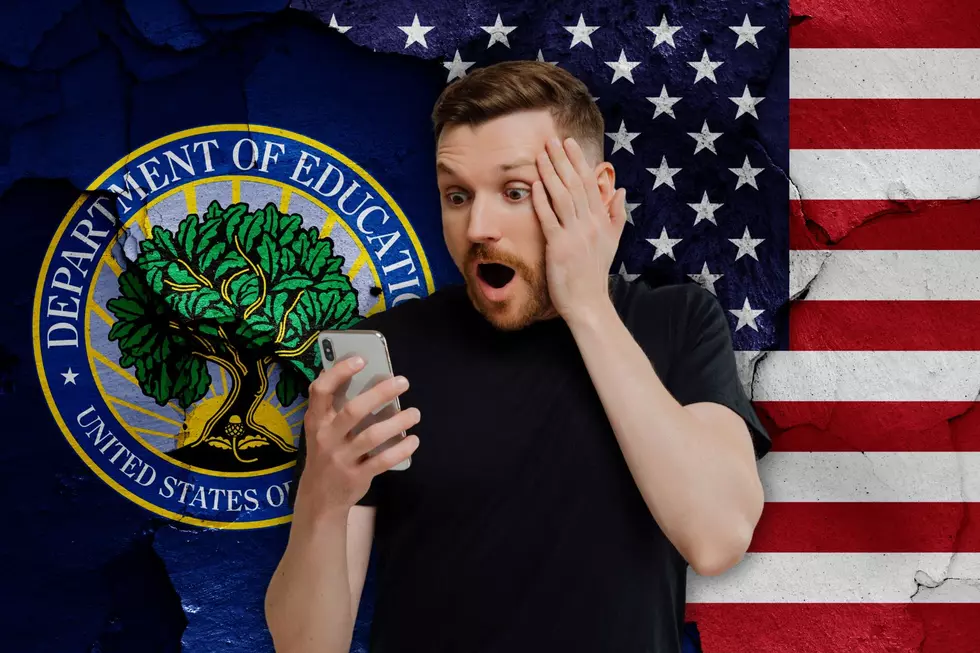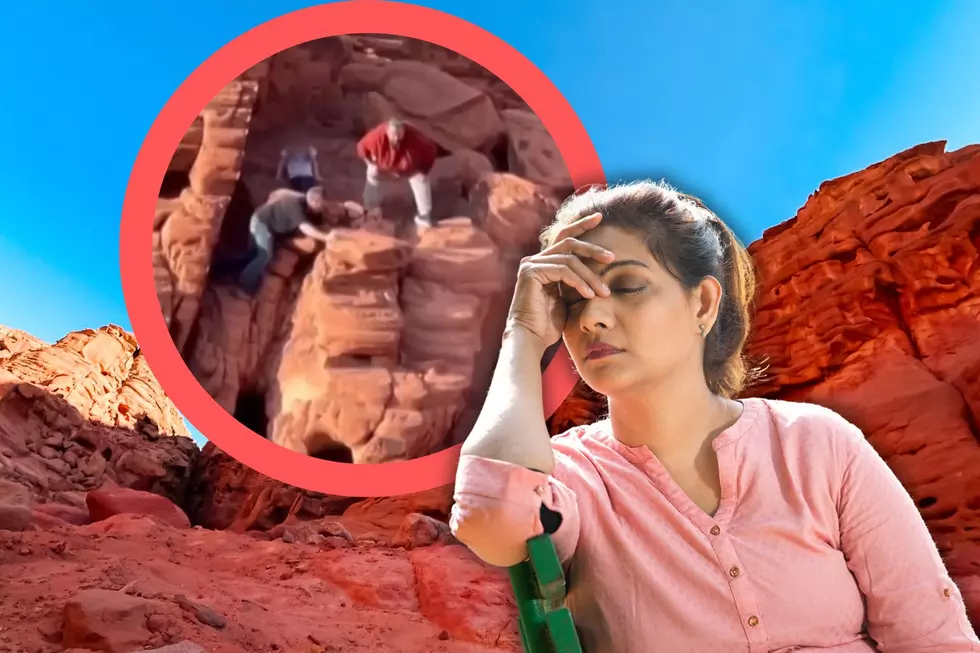
Don’t Get Arrested for Bringing Marijuana into Utah
Living in Utah, a state that borders Nevada and Colorado, there is often confusion about Marijuana laws. This confusion can lead to a lot of trouble for people who don’t understand the law in Utah.
Jaren Sandberg from We Win Injury Law said, “Even if it was purchased legally in Mesquite, it’s still illegal in Utah.”
This can be a real problem if you visit a dispensary in Nevada and bring it back with you to Utah. If you are traveling on the freeway and get pulled over, and the officer smells marijuana when you roll down your window, they will then search your car. If you don’t have a medical marijuana card, it could be a very long day.
Utah Code Section 58-37-8 is the Utah Controlled Substances Act. In Utah, marijuana for recreational use is illegal, regardless if you purchased the marijuana in a state where it is legal.
The maximum penalties for a class B misdemeanor include a fine of up to $1,000 and/or up to six months in jail. Possession of marijuana, for a third offense, is a class A misdemeanor. A fourth or subsequent conviction for possession of marijuana is a third-degree felony.
You should also be aware of DUI law in Utah. Sandberg said, “Just for being high, you could actually get charged under the DUI statute.” The State of Utah has a low threshold for alcohol as well as marijuana.
Another factor that is used when being charged with possession of marijuana is the amount of marijuana that you have in your possession at the time of arrest.
“Sometimes people will buy like 3 bags of marijuana at a legal dispensary in Nevada”, said Sandberg. “My understanding is, because they are individually wrapped, they will charge you with distribution.”
Edibles are also illegal in Utah and cannot be transferred across the state line. The law prohibits candies, brownies and other edible products.
Needless to say, be careful what you do when purchasing marijuana in one of the surrounding states. Review the code section above for that information and if you do find yourself in trouble, get yourself a good defense lawyer.





